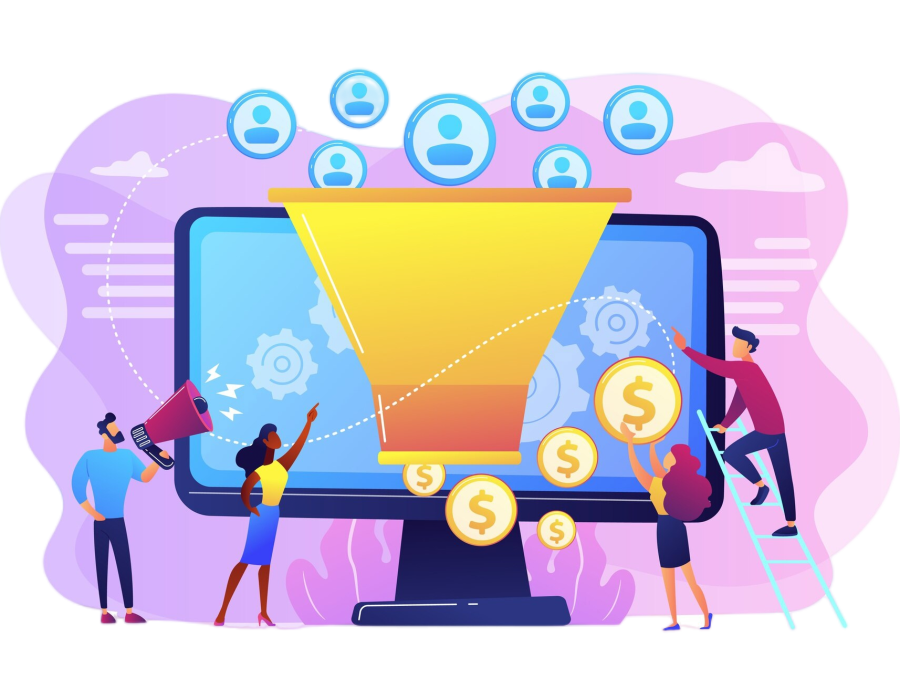The healthcare industry is undergoing a digital transformation, fueled by innovative technologies like blockchain. One of the most groundbreaking advancements is decentralized applications (dApps), which leverage blockchain’s inherent security, transparency, and immutability. But how exactly are dApp development services reshaping healthcare? What challenges and opportunities do they bring to the table? Let’s dive into this transformative phenomenon.
Understanding dApps in Healthcare
Decentralized applications (dApps) are digital applications built on blockchain technology. Unlike traditional apps, dApps operate on a decentralized network, eliminating the need for intermediaries.
Key Features of dApps
- Transparency: Immutable data ensures trust.
- Security: Data breaches are minimized with blockchain’s cryptographic principles.
- Interoperability: Seamless integration across various systems.
- Decentralization: Operates without a central authority, empowering end-users.
In healthcare, these features make dApps invaluable for improving patient care, ensuring data integrity, and streamlining operations.
Revolutionizing Patient Data Management
Patient data is the lifeblood of healthcare, but managing it has always been challenging. Traditional systems are prone to breaches and inefficiencies, costing time and trust. Enter dApps—offering a secure, patient-centric solution.
How dApps Secure Patient Data
- Immutable Records: Blockchain ensures data cannot be altered once recorded.
- Enhanced Privacy: Patients control who accesses their information.
- Real-Time Sharing: Medical professionals access up-to-date data instantly.
Streamlining Administrative Processes
Healthcare operations are notorious for their complexity. From patient onboarding to insurance claims, inefficiencies abound. Decentralized applications can automate and optimize these workflows.
Applications of dApps in Administration
- Smart Contracts: Automate insurance claim processing, reducing disputes.
- Supply Chain Transparency: Track pharmaceuticals from manufacturer to patient.
- Credential Verification: Authenticate healthcare professionals' qualifications seamlessly.
For example, smart contracts can ensure hospitals are paid promptly for services, while patients avoid lengthy insurance claim delays.
Improving Research and Drug Development
Medical research and drug development rely heavily on data accuracy and collaboration. dApps facilitate these processes by creating secure and collaborative environments.
How dApps Enhance Research
- Data Sharing: Researchers worldwide access a single source of truth.
- Incentivized Participation: Monetization strategies for dApps encourage patient participation in clinical trials.
- Fraud Prevention: Immutable records eliminate data tampering.
Decentralized platforms incentivize participants using tokens or rewards, ensuring faster and more reliable trial results.
Empowering Telemedicine and Remote Monitoring
As telemedicine grows, secure platforms for consultations and monitoring become critical. dApps play a pivotal role in this evolution.
dApp Features in Telemedicine
- Secure Communication: Encrypts doctor-patient interactions.
- IoT Integration: Tracks patient vitals in real-time via connected devices.
- Payment Gateways: Facilitates seamless transactions.
Imagine consulting a doctor halfway across the globe, confident your sensitive medical data remains secure—this is the promise of dApp-driven telemedicine.
Monetization Strategies for dApps in Healthcare
Developing and maintaining dApps requires sustainable monetization strategies for dApps to ensure long-term success. The healthcare sector offers lucrative avenues for dApps to generate revenue while benefiting end-users.
Monetization Models for Healthcare dApps
- Subscription Plans: Regular payments for premium features.
- Tokenized Ecosystems: Reward systems for patients and professionals.
- Data Licensing: Researchers pay for access to anonymized data.
- Transaction Fees: Small charges for every transaction within the dApp.
Partnering with a dApps development company enables healthcare organizations to implement these models, ensuring scalability and profitability.
Challenges and Opportunities
While the potential of dApps in healthcare is immense, challenges like scalability, regulatory compliance, and adoption hurdles cannot be ignored. However, these obstacles pave the way for innovation and robust solutions.
Opportunities Await
- Addressing regulatory concerns can set new industry standards.
- Education and awareness drive faster adoption rates.
- Collaboration with tech providers simplifies complex integrations.
The Road Ahead: Why Choose dApps?
The healthcare industry is at a crossroads. Embracing dApps means opting for a future where efficiency, security, and transparency are no longer optional but integral.
Benefits of Adopting dApps
- Patient Empowerment: Greater control over personal health data.
- Cost Reduction: Streamlined processes save time and money.
- Global Collaboration: Breaking barriers for seamless healthcare innovation.





Comments